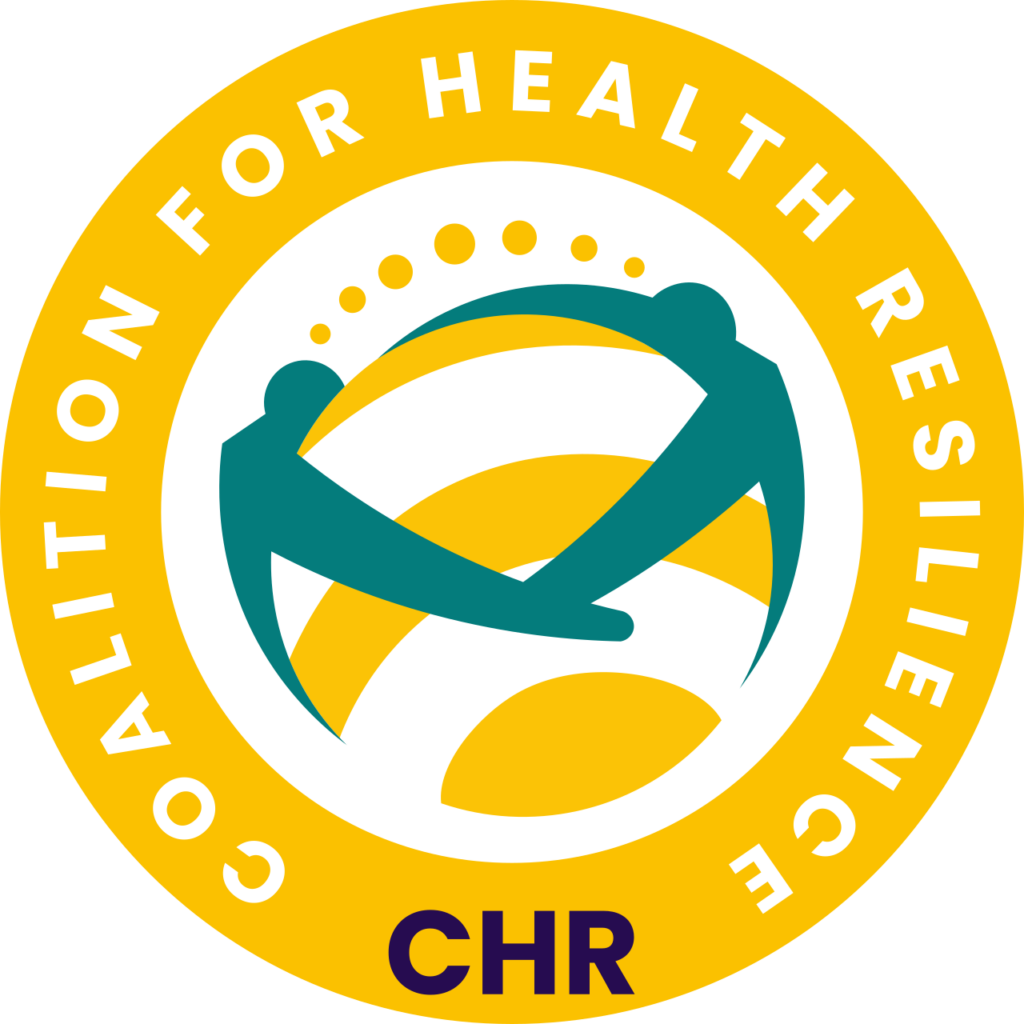This week, headlines lit up: executive order signed to slash drug prices. The boldest claim? The U.S. would cap what Medicare pays for certain drugs by matching the lowest price paid by other nations.
And this isn’t a bad idea! Take the cancer drug Keytruda, for example. It costs around $191,000 per year in the U.S., while countries like Germany only pay $89,000.
This executive order sounds aggressive. Almost revolutionary. But once you read the fine print, the whole thing starts to unravel.
The executive order doesn’t actually lower any prices. It simply tells the Department of Health and Human Services to negotiate lower prices within 30 days. There’s no framework. No enforcement. No list of drugs. No budget. No teeth.
The order floated the idea of giving the U.S. “Most Favored Nation” status, meaning drug companies would have to match the lowest global price when selling to U.S. consumers.
Pharma was told to “either abide by this principle voluntarily or the administration will use the power of the federal government” to enforce this rule.
But again, there’s no mechanism outlined to actually make that happen.
If this feels familiar, that’s because it is. The same idea was floated in 2020, and it grabbed headlines then too. It was later blocked in court because the administration rushed it through without public comment, in violation of federal law.The original executive order isn’t even available on the website anymore.
This new executive order is similar to the failed 2020 initiative; there’s no reason to believe this will be ANY different. It relies on voluntary price drops from an industry that has no incentive to cut its own profits, and it relies on an approach to control prices that are repeatedly condemned.
And there’s more: just a month ago, there was another executive order that delays Medicare drug price negotiations for many medicines. This would let drug manufacturers set prices without any checks for an additional four years, boosting industry profits at the expense of Medicare enrollees here at home.
So while one executive order looks like a bold move, the other quietly gives the pharmaceutical industry a huge win.This is recycled PR, not real reform. Don’t fall for the optics. To make a real difference, it’s important to advocate for legislation that will actually lower drug costs!

